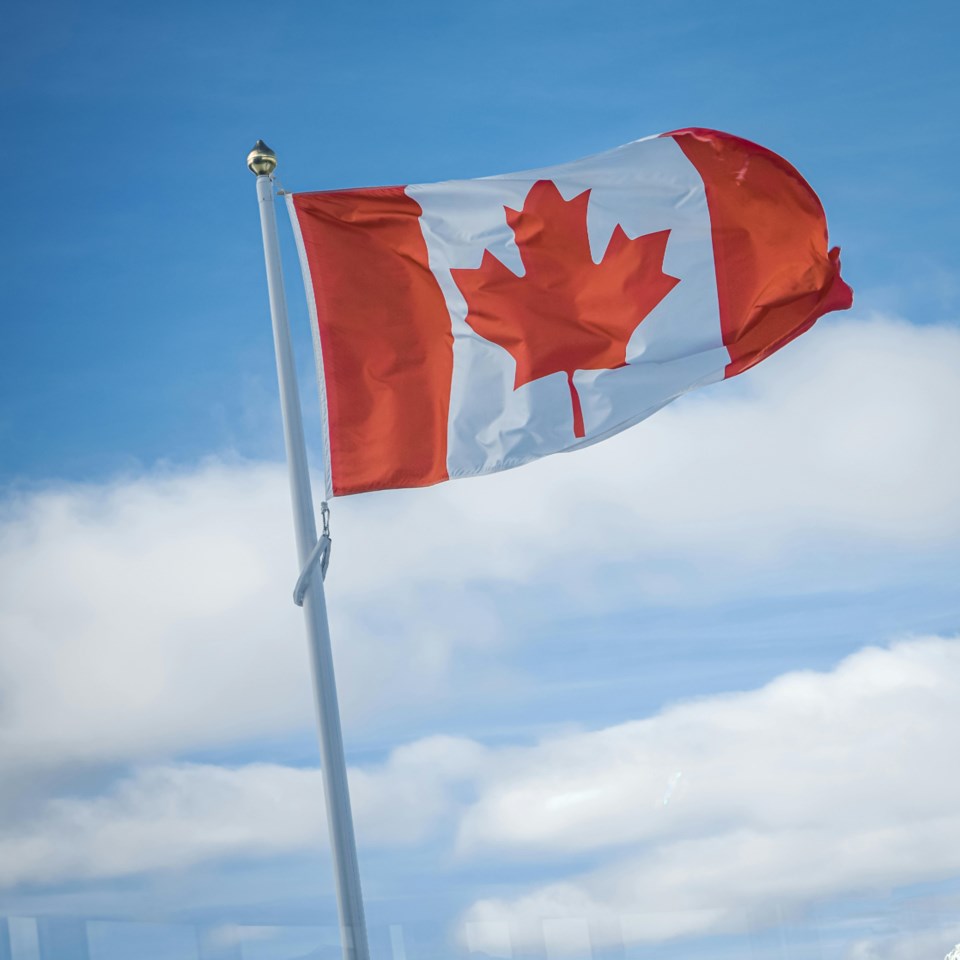The recent U.S. presidential election offers valuable lessons for Canadian politicians.
Donald Trump’s victory was less about a surge in his popularity than it was about Democratic voters – frustrated with a party they felt no longer represented their concerns – staying home.
For Canada’s political leaders, especially those on the left, this is a reminder of what can happen when a party loses touch with its base.
First, we need to look at the numbers: Kamala Harris received significantly fewer votes than Joe Biden did in 2020, while Trump’s support remained mostly stable. This tells us two things: first, many Democratic Party supporters chose not to vote; and second, Trump didn’t so much win as the Democrats lost.
The lesson for Canada’s left-wing parties is clear: failing to reflect voter priorities opens the door to opponents gaining ground with minimal effort.
The underlying issue isn’t new. For years, advocates of New Deal-style policies warned that corporate-leaning Democratic elites were losing the support of ordinary Americans. High-profile Democrats like Hillary and Bill Clinton and Barack Obama, often seen as representative of that corporate-friendly wing, only deepened this divide.
Progressive leader Ralph Nader, who was scapegoated by the corporate media for Al Gore’s 2000 presidential loss to Republican George Bush when he ran as the Green Party candidate, has been urging the Democrats to change course. Nader believes that voters are sending a clear message to the Democrats, telling them, “We’re sick of throwaway lines. We’re sick of not having the government return the benefits of massive taxation to us … All we hear about is empire abroad. All we hear about is more military budgets by the Democrats and the Republicans in Congress, giving the generals more than they ask for, eating the public budgets that should be providing public services and public infrastructure in communities all over the country, creating key jobs.”
This disconnect left voters vulnerable to Trump’s populist appeal.
So, what does all this mean for Canada? For the Conservative Party, which shares much with the U.S. Republicans in policy and style, the next federal election likely feels well within reach. But Conservatives should remember there’s a difference between staying true to their base and dismissing everyone outside it. Many Canadians have experienced this in dealing with the Conservative response to key issues, such as the crisis in the Middle East, where differing opinions are often ignored. The Democrats’ experience shows that ignoring broader voter concerns can have serious repercussions.
For Canada’s left-wing parties, the U.S. election is an opportunity to recalibrate. Nader’s advice to truly listen to the electorate applies here, too. Though polling on current issues is limited, a 2020 EKOS poll revealed strong support for sanctions against Israel among NDP, Green, Bloc, and Liberal supporters. Given recent events, it’s likely that most Canadians (apart from core Conservatives) favour policies that promote peace and accountability. Parties willing to take a stand on these issues – and show genuine responsiveness to voter concerns – may find new levels of support, particularly from younger generations.
The choices made by Canadian leaders today will shape the country’s future direction. Will they draw lessons from the Democrats’ setback and pursue a more connected, collaborative approach? Or will Canada’s political landscape continue drifting toward the pitfalls seen in U.S. politics?
That answer is yet to be determined, but taking heed of recent events south of the border could help guide Canada’s path forward.
Gerry Chidiac specializes in languages and genocide studies and works with at-risk students. He received an award from the Vancouver Holocaust Education Centre for excellence in teaching about the Holocaust.
©
The commentaries offered on Â鶹ÊÓƵ.ca are intended to provide thought-provoking material for our readers. The opinions expressed are those of the authors. Contributors' articles or letters do not necessarily reflect the opinion of any Â鶹ÊÓƵ.ca staff.




